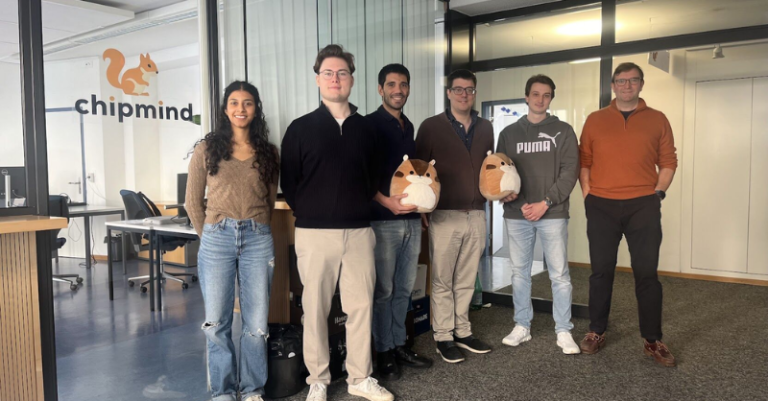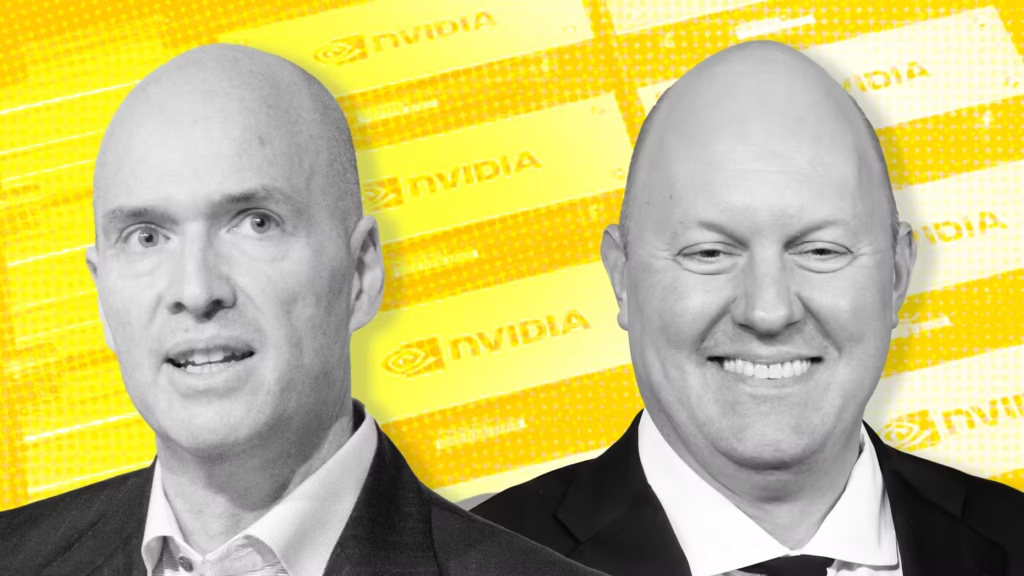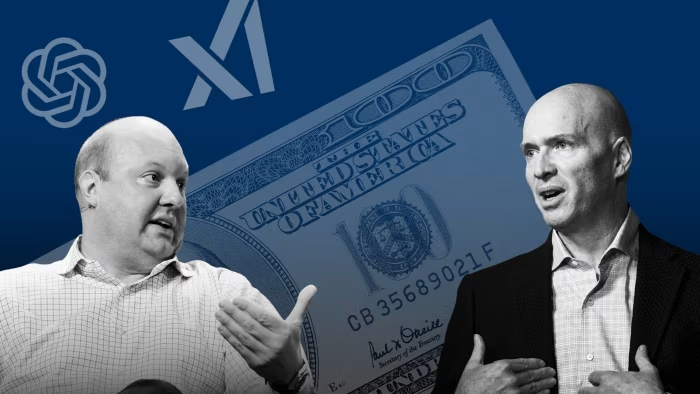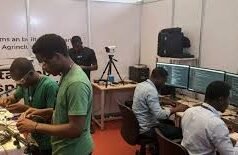In a world where artificial intelligence (AI) is reshaping industries and governments are racing to secure their digital frontiers, US venture-capital giant Andreessen Horowitz — popularly called a16z — has set its sights on a record-breaking $10 billion fund to fuel the next generation of AI and defence-tech startups.
This ambitious target underscores a16z’s growing belief that technology will not only define the future of business, but also the very backbone of national security and industrial resilience. The new fund would be one of the largest ever raised by a venture-capital firm, signalling that investors are doubling down on the transformative power of AI.
Table of Contents

A Billion-Dollar Vision for the AI Era
Founded in 2009 by Marc Andreessen and Ben Horowitz, the Silicon Valley firm has grown into one of the world’s most influential investors, with a portfolio that includes OpenAI, xAI, and several of today’s leading tech innovators. With more than $46 billion in assets under management, Andreessen Horowitz has consistently backed disruptive ideas long before they became mainstream.
The planned $10 billion fund will reportedly be divided into multiple focus areas:
- $6 billion for growth investments, targeting mature startups ready to scale globally.
- About $1.5 billion for AI applications, supporting innovative software and services that use generative and analytical AI.
- Another $1.5 billion for AI infrastructure, funding the core computing systems and models that power AI technologies.
- Over $1 billion for defence and “American Dynamism”, aimed at startups strengthening national resilience in areas like manufacturing, logistics, and cybersecurity.
This allocation reveals a strategic pivot: Andreessen Horowitz is no longer just chasing the next social-media or fintech unicorn — it is investing in the technologies that nations themselves will rely on.
Why It Matters Beyond Silicon Valley
For many analysts, the move reflects two intertwined realities. First, AI has become the defining force of this century — driving innovation from healthcare to energy. Second, defence and security technologies are now central to economic strength, not merely military might.
By merging these two fronts, Andreessen Horowitz is betting on what some experts call the new industrial revolution. Its “American Dynamism” initiative, launched in 2022, already backs startups that rebuild critical infrastructure and supply chains. The expanded fund simply accelerates that vision — linking software innovation to physical resilience.
Interestingly, this shift has global implications, especially for emerging markets like Nigeria. As major funds pour capital into AI infrastructure and defence-tech, new opportunities could open for African founders building locally relevant AI solutions — from secure data systems to drone-based logistics and smart manufacturing.
Global investors are increasingly seeking startups that combine innovation with impact, and Nigeria’s growing tech ecosystem is well-positioned to ride that wave if policy and partnerships align.

Lessons for Nigerian and African Entrepreneurs
While Andreessen Horowitz’s new fund is based in the US, its message resonates worldwide: the future belongs to builders who merge intelligence, technology, and purpose.
Here are key takeaways for Nigerian founders and policymakers:
- AI is not optional anymore – Whether in fintech, education, or agriculture, incorporating AI into products and workflows will soon become standard. Nigerian startups should explore how AI can enhance local solutions.
- Defence-tech is broader than weapons – It includes data security, logistics, local manufacturing, and cyber resilience. African startups tackling these challenges could attract attention from global investors seeking diversification.
- Partnerships matter – Top-tier venture firms like a16z bring global networks, mentorship, and credibility. Building alliances with such players, even indirectly, can open doors to funding and global exposure.
- Governments must create enabling environments – Strategic investment incentives, AI-focused research centres, and public-private partnerships can help Nigeria and other African nations plug into the global innovation chain.
- Think global, execute locally – The best startups combine deep local insight with global-standard execution. That’s how founders can stand out in a crowded, fast-moving tech landscape.
The Global Tech Race Enters a New Chapter
Andreessen Horowitz’s massive fundraising plan follows a broader trend in venture capital: fewer, bigger bets on transformative technologies. The firm’s previous funds — $9 billion in 2022 and $7.2 billion in 2023 — already signalled its hunger for scale. But this new $10 billion ambition elevates that mission even further.
It also places a16z squarely in the global AI race alongside major players like Microsoft, Google, and OpenAI, all of whom are investing billions into next-generation computing. As AI models grow larger and defence applications expand, control of this innovation frontier could shape economies and global politics for decades.
For Nigeria, where the tech ecosystem continues to blossom — from Lagos to Abuja to Yaba — this is a moment to look outward. While Silicon Valley is setting the pace, Africa can still claim its space in the global innovation network through agility, creativity, and resilience.

Coclusion
Andreessen Horowitz’s planned $10 billion fund is more than another headline in venture capital. It’s a statement of intent — that the technologies of tomorrow will be built at the intersection of AI, national resilience, and global collaboration.
As nations race to build smarter economies and more secure infrastructures, venture funds like this one will define who gets to shape the next industrial era. And for Nigerian entrepreneurs watching closely, the lesson is clear: the future is being funded now — and the bold must rise to claim it.
Join Our Social Media Channels:
WhatsApp: NaijaEyes
Facebook: NaijaEyes
Twitter: NaijaEyes
Instagram: NaijaEyes
TikTok: NaijaEyes





